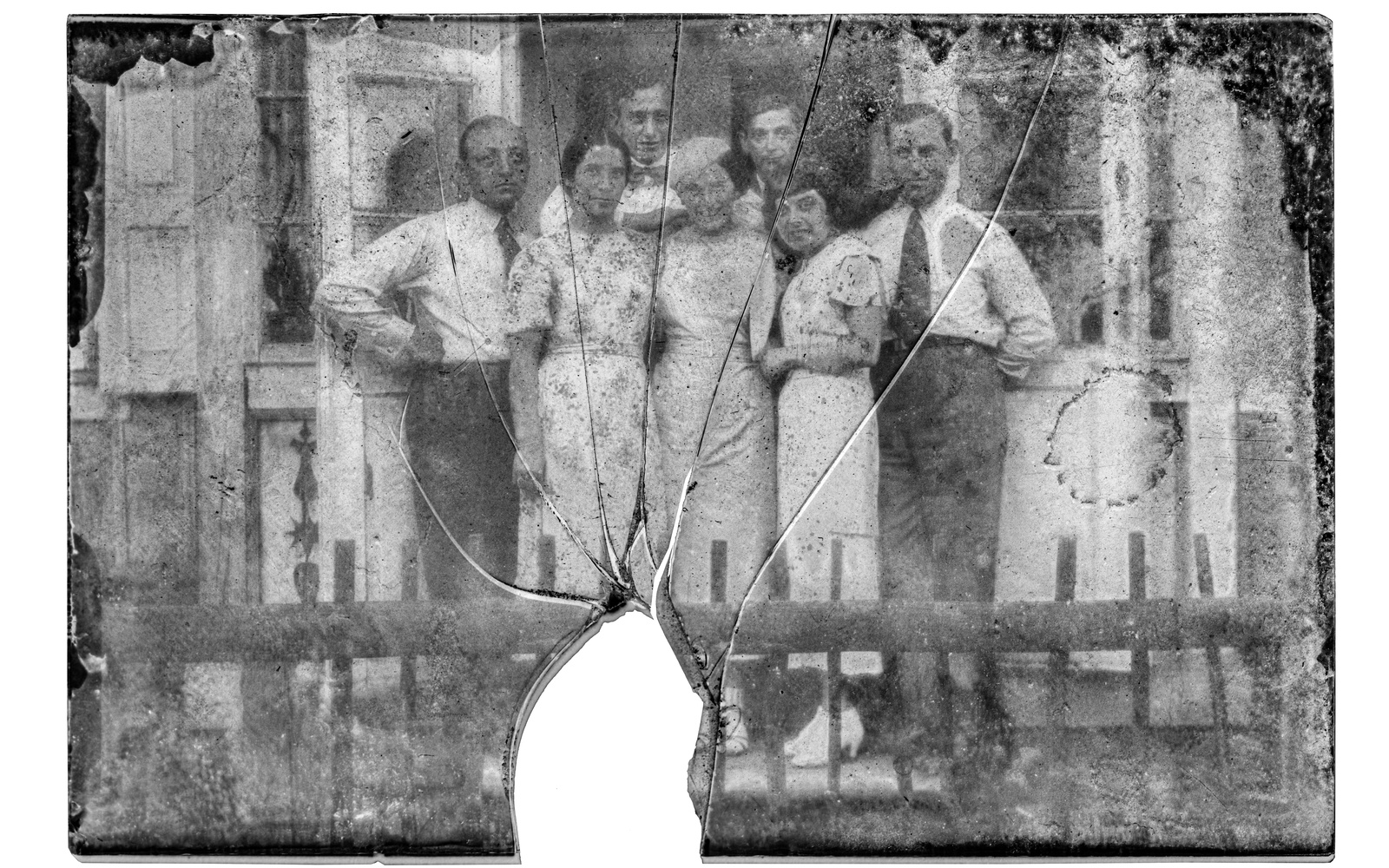- Event
- Panel Discussion
Matters of Evidence
Calling Material Witnesses to Counter Nationalist Narratives
Sat, June 28, 2025 2:00 pm – 4:00 pm CEST
In the upcoming panel discussion, »Calling Material Witnesses to Counter Nationalist Narratives«, the exhibition and network project, »Matters of Evidence«, will explore the work of artists, activists, and academics who challenge nationalist reinterpretations of history — a key tenet of right-wing extremist politics. »Matters of Evidence« is an ongoing project within the framework of »Fellow Travellers« examining the notion of evidence and procedures of substantiating truth in a variety of disciplines.
»Matters of Evidence: Calling Material Witnesses to Counter Nationalist Narratives« presents three projects that seek to unearth material evidence to disrupt sanitized origin stories, pierce contemporary obfuscations around far-right influence, and testify to suppressed or denied histories. They call upon material witnesses to challenge how nationalist narratives are constructed and maintained. This work carries urgent political significance: the writing — and rewriting — of history lies at the heart of today’s resurgent nationalisms.
In »The Chasm Records«, part of the larger project »From Fake Mountains to Faith (Hungarian Trilogy)«, Budapest based artist Szabolcs KissPál investigates the ideological foundations of Hungary’s turn toward authoritarianism and "illiberal democracy". Using Hungary as a case study of a broader global phenomenon, the project examines how revisionist nationalism, irredentist symbolism, and mythic narratives are systematically deployed within contemporary political discourse. Through the methodology of counter-fictionalisation, KissPál deconstructs nationalist mythologies from within, exposing how they are manufactured, sustained, and embedded in everyday life and state institutions.
Fritz Laszlo Weber, an artist based in Berlin, takes the audience on an imagined walk down Halitstraße in Kassel, Germany – a street that is simultaneously a place, a demand, and a history. Along this walk, the layers of the NSU (National Socialist Underground) complex unfold: a neo-Nazi terror network that committed numerous attacks and murders until 2011, including Halit Yozgat, who was shot in his internet café located on this very street in Kassel. In »Echoes down Halitstraße« Weber relates a decade long struggle of victims and activists to unravel how state institutions and the media responded not with justice, but with suspicion and criminalization of the victims’ families. Since the NSU publicly claimed responsibility in 2011, Halit’s family has campaigned for the renaming of the street where he lived and died to "Halitstraße" – a demand still unmet, and a marker of the unacknowledged legacies of institutional racism and unresolved questions surrounding the NSU complex.
In »Reading the Detritus of the Shtetl«, cultural historian Magdalena Waligórska and artist Dominika Macocha examine the debris of Jewish material culture in Biłgoraj, a former shtetl in south-east Poland, to trace how everyday household objects bear witness to the recurring erasure of Jewish life. In East Central Europe, Jewish heritage underwent decades of systemic neglect, destruction and "overwriting" – first by the Nazi regime, subsequently by Soviet and (post)socialist authorities. Yet the obliteration of Jewish spaces also had a grassroots level, and was a continuation of the (symbolic) violence towards disempowered ethnic Others. By reconstructing the genealogies of everyday objects, these fragments of Jewish life are called upon as material witnesses of a post-genocidal social order: of repression and amnesia, but also of domestication and adaptation.
»Matters of Evidence« was conceived by curator and researcher Kuba Szreder (Academy of Fine Arts, Warsaw) and artist and architect Natalia Romik (Warsaw) in collaboration with ZKM | Karlsruhe.
Team
Curatorial concept: Kuba Szreder (Curator, Academy of Fine Arts Warsaw)
Artistic concept: Natalia Romik (Artist & Architect, Warsaw)
Steering committee of »Matters of Evidence«: Alistair Hudson, Daniel Pies, Natalia Romik, Kuba Szreder
